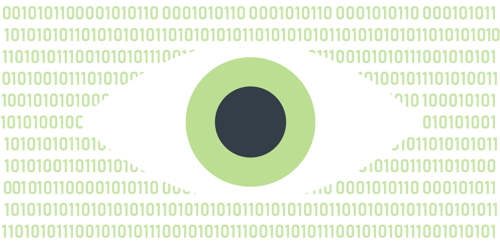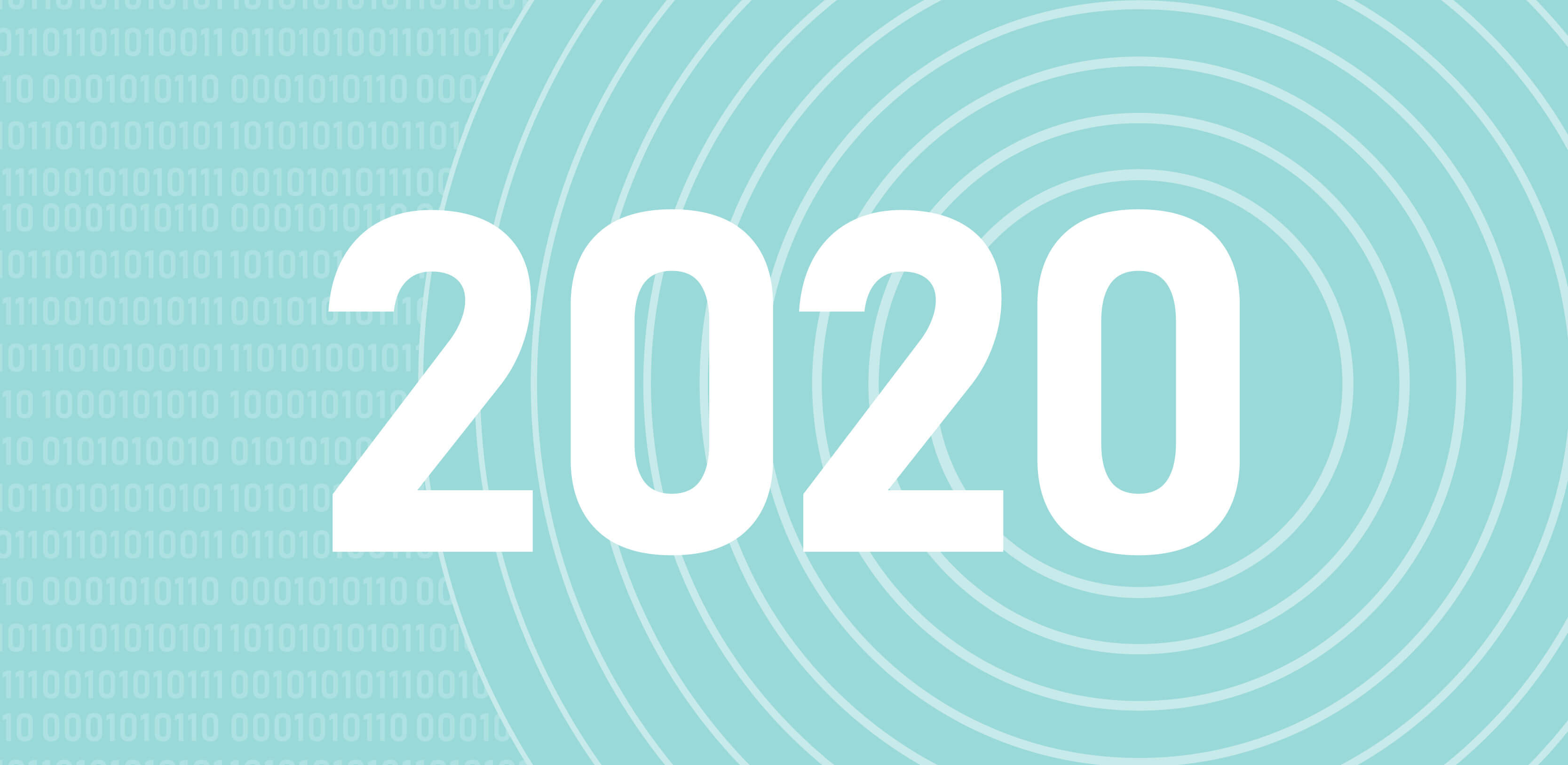As is tradition once we reach the end of the year, our December inboxes were filled with back-to-back round-ups: which campaign was best in 2019, and what was the favourite moment of the decade?
But for those of us choosing to look forward instead of back, it’s time to start thinking about what this year will hold for the world of marketing. What are the trends that we, as marketers, should be looking out for as we move into 2020?
From making a difference and “meaningfulness”, to a rise in audio content and micro-influencers, we’re taking a look at all the latest industry changes, and making our predictions for what this will mean for the year ahead.
Large brands will seek to become more “meaningful” in order to achieve greater growth
In 2019, the rise of social activism saw the likes of Greta Thunberg gracing our screens to encourage everyone to simply do better. This led to brands starting to become more self-aware; they started to take a stand, just like their consumers.
While reasons for these social shifts might differ between brands (NB: our Strategy Director’s brand vs branding blog), research conducted by Smart Insights in 2019 showed that 48% of business executives believe that operating with a social purpose gives competitive advantage.
2019 was a huge year for many challenger brands becoming more mainstream, and as we move into 2020, we’re expecting this to influence the strategy of bigger brands.
Brands are set to refocus their marketing strategy to reflect their values, and amplify their Corporate Social Responsibility (CSR) as well as their social impact overall. Depending on what lies close to their beliefs, brands might choose to ‘take a stand’ on anything from sustainability and climate change to working conditions and charity work.
Agencies will be more under pressure to make a difference
Moving away from making a difference in the world, in 2020 it’s thought that agencies will be under more pressure to make a difference with their clients.
Today, more and more companies are moving away from agency input and are considering in-housing their marketing. This means that it’s becoming more important for agencies to add value – leading them to adapt and become more agile in order to better service their clients.
To prove how relevant they are, agencies will need to enhance their proposition, whether investing in tech, running in-house training or seeking out more experienced staff.

Data collection transparency will be at the forefront of marketing
For better or worse, the introduction of GDPR legislation has changed the conversation around data – something which is only set to intensify as we move further into 2020.
Since GDPR was introduced, we’ve seen mixed reviews from both marketers and consumers. Nearly half of marketers believe consumer trust in how brands handle their data has improved since new data regulations came into play (MarketingWeek, 2019). But despite brands’ best efforts, 46% of consumers don’t believe GDPR has made any difference to brand experience. 17% say, if anything, things have become worse over the past 12 months. (Ipsos Mori, May 2019).
In 2020, experts predict that we will see a bigger emphasis on data strategy in line with GDPR changes: brands will seek to collect data in a more transparent way, and fines will be issued for those not keeping in line with regulations.
Exploring of niche social channels and micro-influencers
Due to the tighter restrictions on data regulation, plus the increase of default cookie blocking, it’s thought that revenues drops could be as much as 52% in the coming year (Econsultancy, 2019).
Because of this, we’re expecting brands to explore new channels and seek out alternative ways of targeting key audiences – whether through micro-influencers, or more niche, up-and-coming social channels.
Campaign messaging will also undergo a shift towards content that resonates more with these audiences. Our recent Wham! campaign with Penguin Random House saw the use of Spotify advertising to target those listening to related artists and eras, while on Facebook and Instagram, we utlised fan channels to spread awareness among engaged audiences.


An increase in audio content in marketing strategies
Speaking of niche targeting, there has been a huge rise in the number of people who consume podcasts. According to OFCOM, there are now over 7.1 million people in the UK who listen to podcasts each week.
As we move into 2020, content marketeers will seek to include audio-based content in their strategies, while paid media strategies may move towards using podcasts as an advertising platform.
Take a look at our Reservoir Safety Campaign with United Utilities, which saw targeting toward a younger demographic via Snapchat and Spotify, alongside the usual social channels.
Influencer/brand relationships will be based on values rather than profile
The rise of social media has seen influencer marketing activity grow exponentially in recent years, but in 2020 the social activism trend is set to shift the way that ‘traditional’ influencer marketing works.
Over the past few years, we’ve seen brands take on big celebrity names, including internet-famous influencers, to promote their products and campaigns. However, now that activism is forcing brands to become more aware of their core values, it is thought that they will choose to use influencers who are more relevant to their beliefs and therefore their audience.
If you want to see how Delineo can help your brand to stay ahead in 2020 and beyond, get in touch for a chat today.

